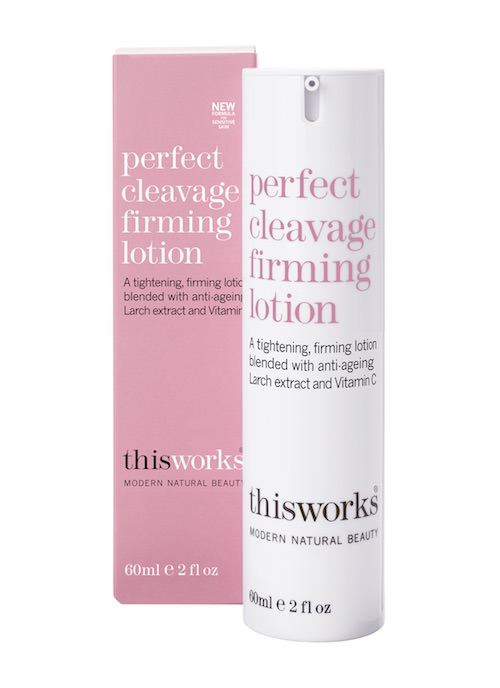The beauty myth: How images of beauty are used against women review
Let’s Talk Breasts is not an ardent feminist site – our aim is more to educate and question than campaign – but certain historical feminist literature simply cannot be ignored when reviewing books about our attitude to our bodies and to our perception of beauty. The Beauty Myth by Naomi Wolf is a bestselling classic that redefined society’s view of the correlation between beauty and female identity when it was first published, nearly 25 years ago.
While not pertaining directly to breasts, it presents a controversial and thought-provoking argument that, despite the enormous leaps made towards emancipation and equality in the mid-twentieth century, women remain just as repressed by men, society and the media as they ever were. Sadly, many of the issues covered relating to beauty – sexism, pornography, violence, aging and self-esteem – remain just as relevant today.
Says Wolf, ‘Today’s children and young men and women have sexual identities that spiral around paper and celluloid phantoms: from Playboy to music videos to the blank female torsos in women’s magazines … they are being imprinted with a sexuality that is mass-produced, deliberately dehumanizing and inhuman.’ It’s an evocative critique and one that will have only grown with the unprecedented reach of the Internet since publication.
‘Whatever is deeply, essentially female’ Wolf continues, ‘– the life in a woman’s expression, the feel of her flesh, the shape of her breasts, the transformations after childbirth of her skin – is being reclassified as ugly, and ugliness as disease.’ Her arguments about ‘classification’ and measurement are compelling, as she observes that at least a third of a woman’s life is marked with aging, while around a third of her body is made of fat. However, as the media preys on our dismay, these two thirds can happily be ‘transformed’ with just a little help from a cosmetic cream, or a surgeon’s knife. As the author so cleverly sums up: ‘Cosmetic surgery processes the bodies of woman-made women, who make up the vast majority of its patient pool, into man-made women.’
Wolf makes an incredibly provocative comparison of how breasts are portrayed to teenage boys long before they actually see a pair in the flesh. She argues how, if rape didn’t exist and teenage girls were similarly portrayed with images of ‘cuddly’ penises (free from stray hairs, smelling of roses and ‘presented alongside their measurements, length, and circumference to the quarter inch’ in the manner of topless pinups), then men could become every bit as sexually objectified as women are in the media all day, every day.
Wolf’s writing is authoritative, eloquent, sometimes angry and sometimes serene; her sympathetically descriptive passages about the aging process actually brought a tear to my eye. While Wolf’s work has been criticised as restricted in that it only represents a certain margin of society – white, middle class, well-educated and physically able – and her statistics regarding deaths relating to anorexia have been attacked as grossly misrepresentative, there’s no question that this is one of the most important feminist studies of recent times.
Says Wolf: ‘She wins who calls herself beautiful and challenges the world to change to truly see her.’ If you’re remotely interested in beauty and how it is manipulated by the world at large to influence both men and women’s perception of the fairer sex and incite a multi-billion dollar spend on the industry each year, then read this book. Be warned though: it will make you angry.
Latest Cream Review
Browse Categories
Most popular
Dr. Organic Moroccan Argan Oil Breast Firming Cream Review
Dr. Ceuticals Bust Boost Review
UK beaches uncovered: The topless top five
Palmer’s Cocoa Butter Bust Cream Review
The politics of breasts: Know your rights
Strapless, backless or plunging – bra solutions for every dress dilemma
Nutrition and lifestyle for breast cancer prevention


